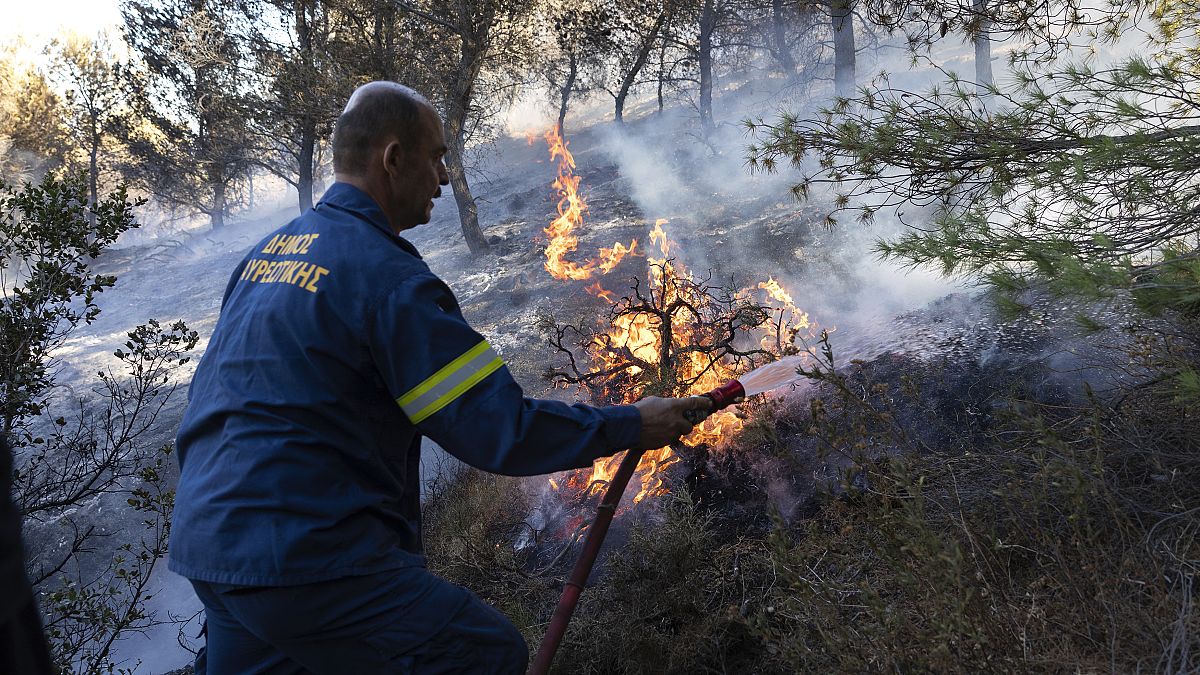A new study found that wildfire smoke may be more hazardous to brain health than other forms of air pollution.
Wildfire smoke exposure may increase the risk of dementia more than other types of air pollution, according to a new study.
The research findings were reported at the Alzheimer’s Association International Conference in the US.
Wildfire smoke contains fine particles known as PM2.5, which are about 30 times smaller than the diameter of a human hair.
They can be inhaled deep into the lungs, move to the bloodstream, and can cause or worsen heart and lung diseases.
The latest research adds to evidence these particles may play some role in dementia, too.
Researchers tracked health records from 1.2 million adults in California aged 60 and older between 2009 and 2019.
They used air quality monitoring and other data to estimate residential exposure to fine particulate matter over three years from wildfire smoke or other causes.
While cars and factories also emit PM2.5, the researchers found that the risk of dementia diagnosis due to wildfire smoke exposure was higher.
The study found the odds of a new dementia diagnosis increased by about 21 per cent for every 1 microgram per metre increase in the three-year average exposure to wildfire particles.
That compared with a 3 per cent increased risk for every 3 microgram jump in non-wildfire particles, according to researchers from the universities of Washington and Pennsylvania in the US.
Increase in wildfires
It’s not clear why there would be a difference. But with wildfires increasing, this needs more study, said Alzheimer’s Association chief science officer Maria Carrillo.
That's especially considering that the risk of Alzheimer’s, the most common form of dementia, is higher for lower-income populations who may have a harder time avoiding unhealthy air, she said.
Health warnings urge staying indoors when air quality is poor but "there are a lot of people who don't have the option to stay home or they work outside," she noted.
Claire Sexton, senior director of scientific programs and outreach at Alzheimer's Association added in a statement that the "findings underscore the importance of enacting policies to prevent wildfires and investigating better methods to address them".
Climate change is leading to an increase in wildfires, research shows, as warm and dry conditions prolong fire seasons.
Last year marked one of the worst years for wildfires in the EU, with a large increase in burnt areas, especially in the Mediterranean.















